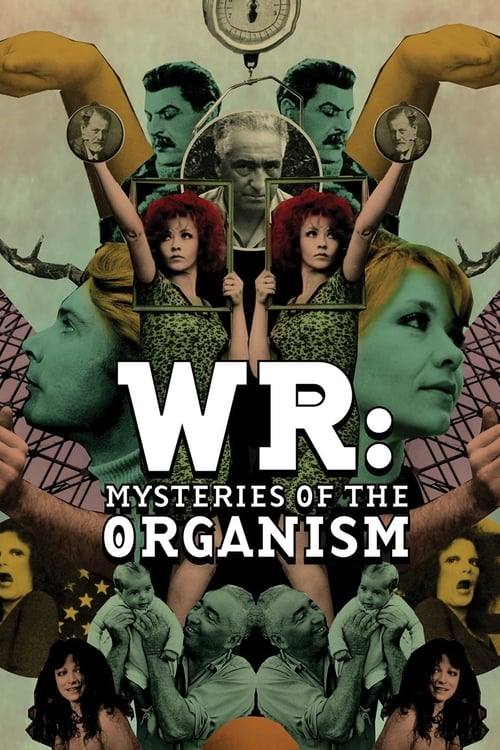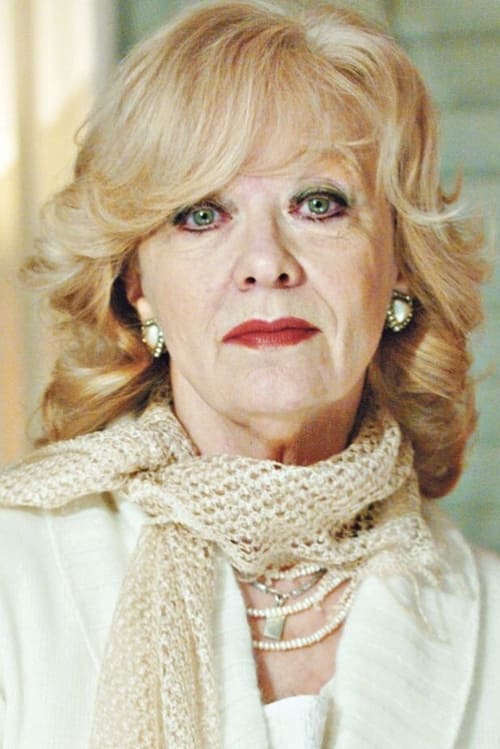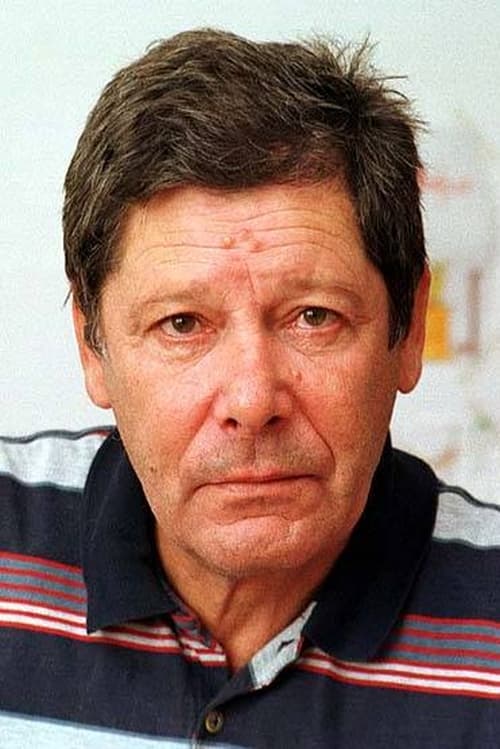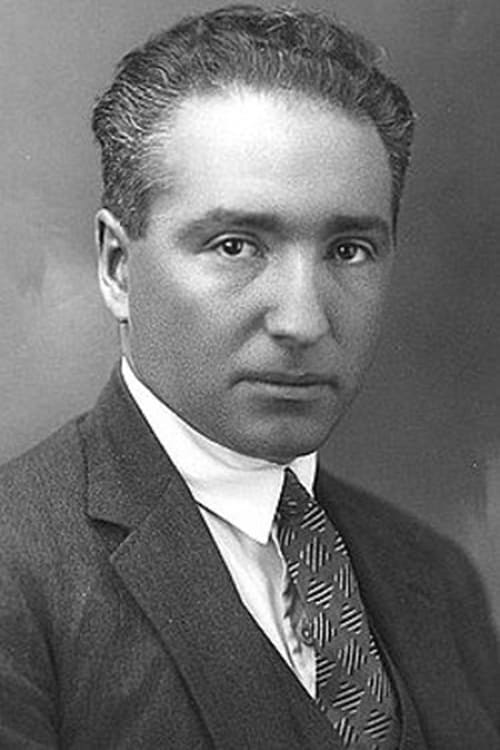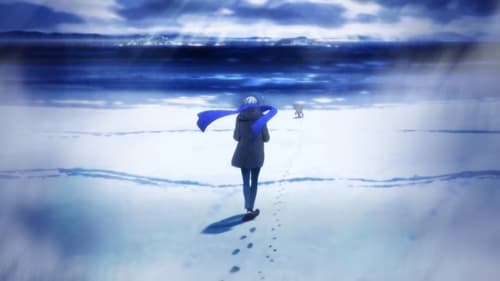WR: Mysteries of the Organism (1971)
The film they said we would never see...
Genre : Drama, Fantasy, Comedy
Runtime : 1H 24M
Director : Dušan Makavejev
Synopsis
What does the energy harnessed through orgasm have to do with the state of communist Yugoslavia circa 1971? Only counterculture filmmaker extraordinaire Dušan Makavejev has the answers (or the questions). His surreal documentary-fiction collision WR: Mysteries of the Organism begins as an investigation into the life and work of controversial psychologist and philosopher Wilhelm Reich and then explodes into a free-form narrative of a beautiful young Slavic girl’s sexual liberation.

A Thai intelligence officer infiltrates the enemy's military forces of Chiang Riang by assuming the identity of a murdered colonel who was also a double agent. The murdered colonel, married to Lamduan, worked for the government's Central Bureau while also being an informant for Red China and working to help the local People's Army.
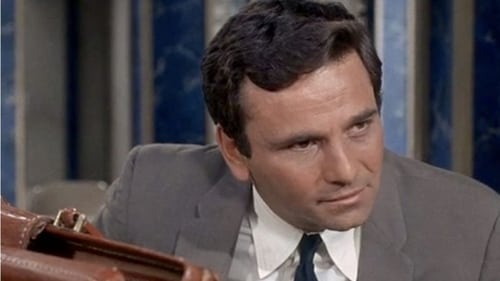
In Columbo's first outing, a psychiatrist uses a patient he is having an affair with to help him kill his wife, but his perfect alibi may come apart at the hands of a seemingly befuddled LAPD lieutenant.
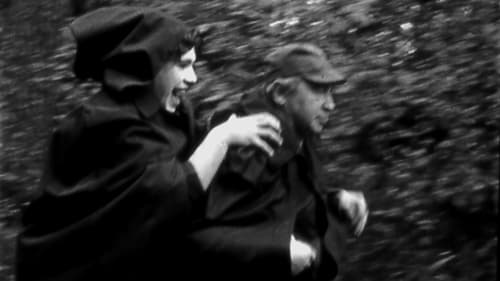
The film "Nights full moon" shows the tendency of moral decay in society. The main character is torn apart by internal contradictions, leading him to the path of Evil. Bans on self-identification - philosophical, existential, sexual, and then permissiveness spawn a monster that is not aware of its true nature and genuine desires. Throughout the film-trilogy, the protagonist goes through a series of temptations that ruin his soul and lead, after all, to a madhouse. In a general sense, the film allegorically shows the tragic path of the Russian lumpen intellectual, lost between the past and the present, not finding the strength to accept and comprehend the unexpected changes that happened in our country twenty years ago. In the global sense - the tragic circle of Russian history.
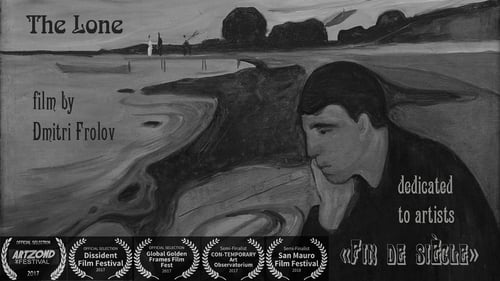
The loneliness of man before nature. Loneliness in the urban environment. Loneliness as a way of life. Alone in front of myself - The film is dedicated to the artists of "Silver age" or "Fin de Siecle". This dedication applies primarily to Kazimir Malevich, and Edvard Munch.

In “Everybody’s Cage”, German film artist Sandra Trostel turns John Cage and his approach to art into a tangible fascination, without giving in to explain just a single bit of it.

A visual daydream of a late afternoon swim in the waters of a summer in Sicily.

This film tell us about intricate attitudes in male collectives on navy. The film bore in poetical form with respect for differently minded heroes.

Poland under Stalinist rule, 1953. A young nun Anna is brought to a prison where an influential priest is kept in. She discovers the priest is the man she loved a few years before. Communist authorities try to make her spy on him now.
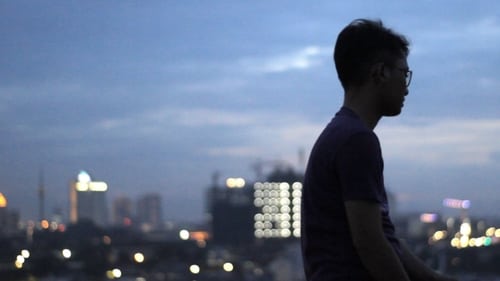
Farhan, a young introvert guy who has been struggling with his sexuality and spirituality, had crush on his new neighbor who made him question about being what he wants and what his God wants.

After being sent to a youth detention centre, 18-year-old Andrej has to fight for his place within the group of inmates while getting closer to Željko, their informal leader, and struggling to keep his repressed secret in the dark.

Experimental film directed by Dmitry Frolov, shot in the midst of perestroika in the USSR. February 1991. Starring the drummer for the MEANTRAITORS Vladislav Lyashchuk - a very peculiar musician played without bass drums and Toms.

The documentary AMERICAN REDS provides a historical overview of 20th century Communism and the growth, decline and contemporary relevance of the Communist Party, USA (CPUSA). Since its founding in 1919, the CPUSA has championed the struggles for democracy, labor rights, women’s equality, and racial justice. During its heyday in the 1930s and 1940s, it attracted millions of Americans to support its causes and almost 100,000 men and women to enlist in its ranks. The film begins with the Party's emergence as a small militant sect in the 1920s and documents its rise to the foremost radical group in the United States during the Great Depression, fighting against racism, sexism and fascism, as well as for the rights of workers to organize. It ends with the decline of the Party during the Cold War under the assaults of the FBI and anti- communist crusades.

The long flights of spacecraft have been in the past, as well as the chronicle of accomplishments. Snatches of memory bring to us the fragments of those memories that are confused and do not leave a coherent and consistent trace. All in the past. But was it really ?!

Biopic of the British ice dancers and British, European, Olympic and World champions, Jayne Torvill and Christopher Dean.

I spent a day inside a small abandoned military fort by the sea. With the tide went up and down, I appeared and disappeared into the water.

I and other person, we exercise the daily movements by moving each other's body.

Using the unstability of digital to pursue the unstability of film.

Around the sleeping bodies, some presences occupy the architecture and move around the space in obscure activities: nothing of their actions is visible to us, except in the fragments in which the image shows itself under the flashlight. Monelle is a circular film without any narrative or hierarchy, without a beginning or an end, and it circumscribes a place of promiscuity and ambiguity between the different formats used—35mm and CGI animation—and the approaches of two opposites film attitudes—the structural cinema and the horror genre.

Quintessential alternative rockers, Sonic Youth, celebrate free-form experimentalism while reinforcing their performance-art driven tradition in this Soundstage performance, recorded on May 7, 2003 at WTTW Grainger Studio in Chicago. The band, which settles just outside the realm of definition, delivers a part rock, part free-form noise, part avant-garde punk performance which features a new song "Sympathy for the Strawberry."
